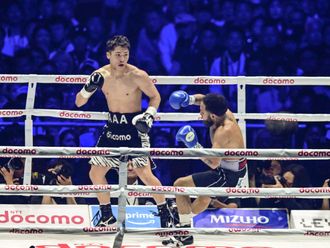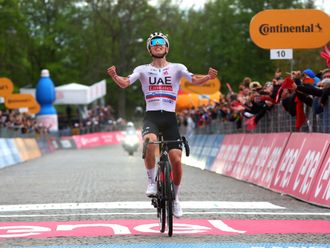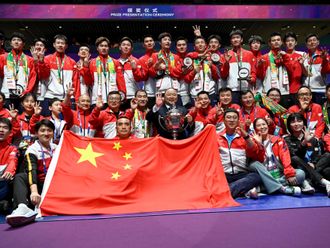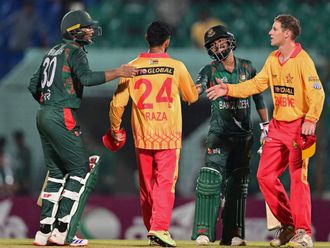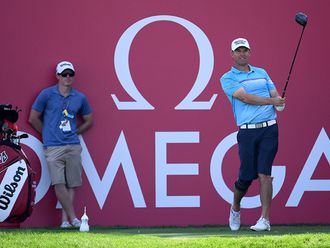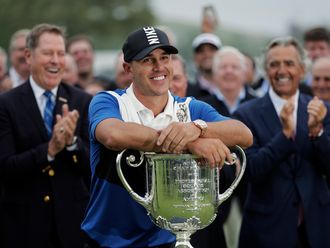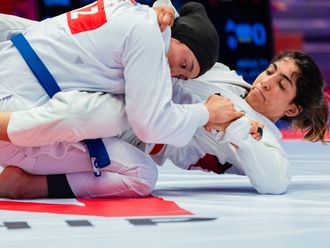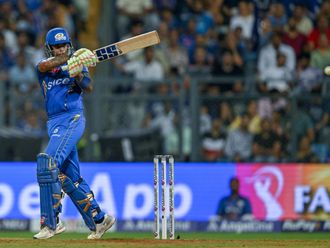
London: The incoming director general of the World Anti-Doping Agency (WADA) has said it could be years before the results of August’s Rio Olympics are upheld.
Last week saw Australian race walker Jared Tallent belatedly awarded a London 2012 Olympic gold medal after he was promoted from silver four years ago because of a Russian doping case.
“The storage of samples is a deterrent,” Olivier Niggli said in an interview on Monday. “You can tell people if you cheat today, because you think this is not detectable, it will be detectable tomorrow,” the Swiss lawyer said.
“This has an impact on the risks athletes take because they know they can lose their reputation afterwards, “ added Niggli, who will succeed long-serving New Zealander David Howman as WADA director general on July 1.
“But the other side of the coin is that you may have to re-do the (medal) classification,” explained Niggli on the sidelines of the WADA media symposium in London.
“But would we better off letting cheaters get away it? Probably not. Would we rather do that quicker, probably yes, but science’s pace is science’s pace.
“You don’t want to ruin the samples by re-testing too early,” insisted Niggli, with WADA’s statute of limitations on the holding of such samples currently set at 10 years.
“You may want to wait a little longer to let science progress.
“Maybe some innovative science will one day allow us to be quicker.”
Friday saw the International Association of Athletics Federations (IAAF) uphold an international ban on Russia’s track and field competitors first imposed in November after a WADA report revealed state-sponsored doping and mass corruption in Russian athletics.
The Russia team is now ruled out of all athletics events in Rio, although Russian athletes training outside the country can apply to compete as neutrals at the August 5-21 Games.
If the final results of Rio testing may not be known definitely for some time, Niggli said that changing Russian attitudes was also likely to be a lengthy process.
Kenya, one of the leading nations when it comes to middle and long-distance running, is currently non-compliant with the WADA code.
But unlike Russia, Niggli said he expected to see Kenyan athletes competing under their own flag in Rio.
The International Boxing Federation (IBF), meanwhile, will punish fighters who compete in the Rio de Janeiro Olympics by removing them from the sanctioning body’s rankings or vacating their titles.
The IBF announced its decision Monday, joining the WBC in an aggressive campaign by sanctioning bodies to keep prominent pros out of the Olympics.
Citing safety concerns that amount to violations of its principles of sportsmanlike competition, the IBF said it will remove any professional Olympic fighters from its rankings for a year. The body would also take its title belt away from a champion fighting in the Olympics.
“Making this decision was not difficult for us,” IBF President Daryl Peoples said. “We felt it was important for the IBF to get involved and take a stance against professional boxers competing against amateurs due to safety concerns, as part of our commitment to this sport is to promote the health and well-being of the boxers.”



